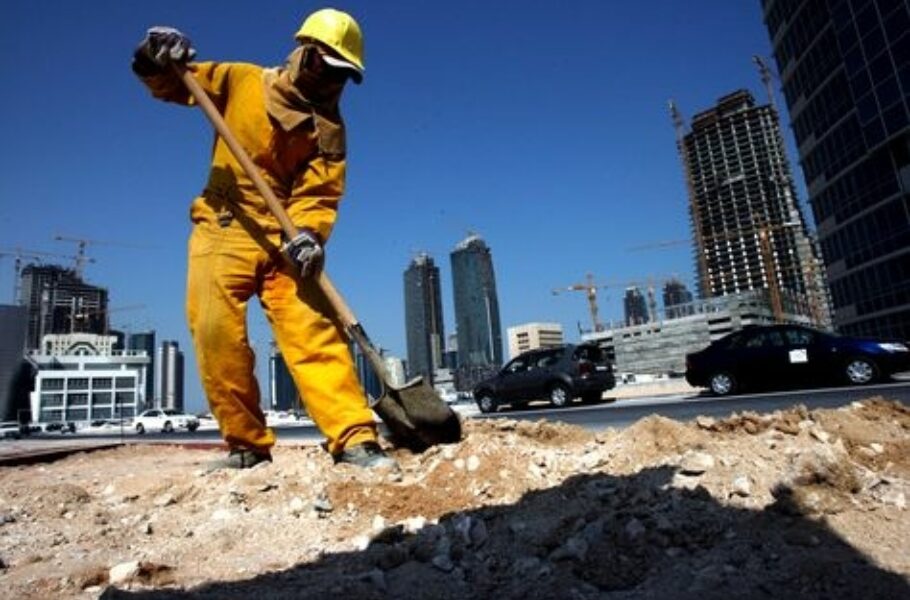
Qatar and the UAE are among the three most attractive markets in the world for investment in infrastructure, according to a new report by EC Harris, the global built asset consultancy firm.
Qatar was ranked second and the UAE third globally for their strong business environment, healthy pipeline of development work and growing economic, making them attractive countries for investors including pension funds and banks.
The findings, which come from the second Global Infrastructure Investment Index which ranks 41 countries by their attractiveness to investors in infrastructure, also revealed that Saudi Arabia was placed 12th.
"The Middle East has some of the highest investment profiles of anywhere in the globe with average growth in the construction industry reaching double digits. Good infrastructure is critical for the long term economic development of a country, and the region is currently in a strong position in this regard," said Tim Risbridger, partner and head of infrastructure - Middle East at EC Harris.
"National vision strategies are driving a phenomenal peak spend in these key markets over the next four to five years, increasing investment opportunities for the private sector. Currently, almost half of the investment planned across the region's major cities relate to transportation."
The study, which named Singapore as the top market in the world, looked at various issues including the ease of doing business in each market, tax rates, GDP per capita, government policy, the quality of the existing infrastructure and the availability of debt finance.
"Good infrastructure is critical for the long term economic development of a country, and the UAE is becoming more promising for investors in this regard," said Risbridger.
"Almost half of the investment planned in the region is related to transportation, with every major city in the region planning to follow Dubai in building a metro system with lines being constructed simultaneously in a relatively short period of time."
Singapore's integrated strategic plan linking infrastructure planning with business and social requirements helped it retain top position in the index.
However, with a government which self-finances most major projects, investment opportunities are limited, so other countries with major investment plans such as Qatar and the UAE were tipped as being more promising for investors.
Risbridger added: "A key differential that we have seen in Asian and Middle East markets is that those countries that have a clear integrated strategy that ties the infrastructure development plans to business and economic objectives tend to nearer the top of our ranking.
"This gives long term clarity to investors and is something that European markets, in particular, would do well to emulate if they are to succeed in attracting more private finance into infrastructure."
The report also underlined that the key risk in these markets is inflation in construction resources from manpower and specialist skills to construction commodities. Despite the potential for rising inflation, Gulf countries' strong credit ratings and enviable taxation regimes will continue to appeal to investors, the report said.
Follow us on our social media channels:
![]() @ILQlive
@ILQlive
![]() @ILQlive
@ILQlive
![]() @ILoveQtr
@ILoveQtr
![]() ILoveQatar
ILoveQatar

You have successfully registered your account!
Please confirm your e-mail address by clicking on the URL sent to you.The e-mail usually arrives in 5-10 minutes.
How ajeeb was that!? Thanks for contributing to our community! Your post will appear after we take a quick look!